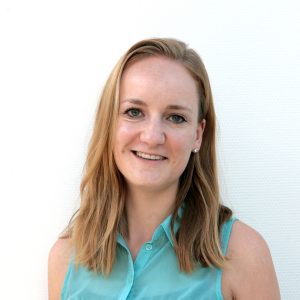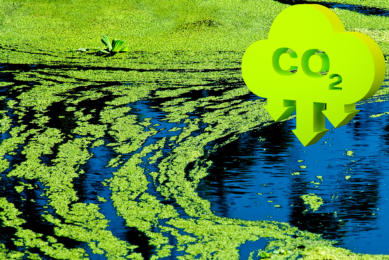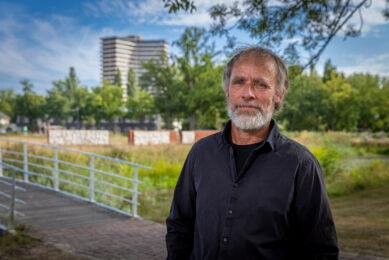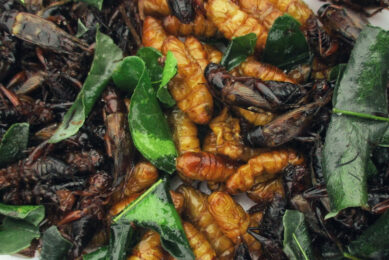The Seaweed Company: Seaweed so many possibilities
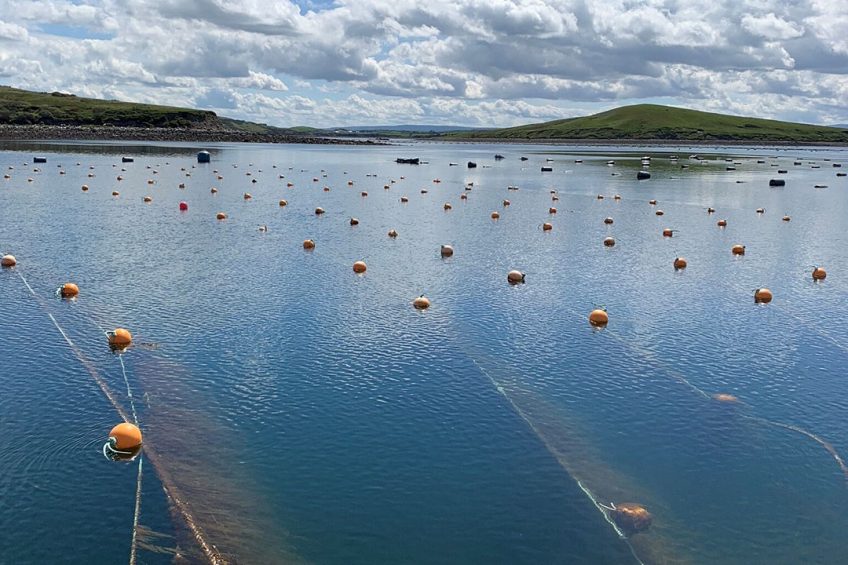
The Seaweed Company grows and processes seaweed and is about to market products containing seaweed. The company is convinced that seaweed will play an important role in sustainable agriculture and nutrition.
If it were up to the founders of The Seaweed Company, seaweed will soon become a common ingredient in food, animal feed and fertiliser in Europe. “While seaweed is well known in Asia, we still have a lot of pioneering work to do here,” says Joost Wouters, one of the founders of the young company. The company quickly set up 3 seaweed farms, as the founders call them, and developed various seaweed-based products. It’s now about to launch these products on the market. “Although we’re still a young company, we no longer see ourselves as a start-up. We don’t just have a few products that we are trying to sell. If someone asks us to supply 40,000 litres of biostimulants, we can do that,” says co-founder Edwin Sneekes.

Seaweed has many possibilities
The Seaweed Company started over 2 years ago. After a career in various international companies, Joost Wouters decided to take a different, more sustainable approach. When he started with seaweed “there was an immediate click.” Wouters: “I knew straightaway that I would continue with this. Seaweed has so many possibilities. Especially its sustainability attracted me.” He met Edwin Sneekes, with a background in space and aerospace engineering, and Stefan Kraan, a seaweed biologist, and together they founded The Seaweed Company in late 2018.
There are 12,000 types of seaweed and each type has its own properties.
4 growing locations
The company has set up 4 farms: in Morocco, in India and 2 in Ireland. Last year, another test location was added off the coast of Scheveningen in the Netherlands, where the combination of seaweed cultivation and solar panels in offshore wind farms is being investigated. A different type of seaweed is grown at each location: mainly brown seaweed in Ireland, red seaweed in India and green seaweed in Morocco. “There are 12,000 types of seaweed and each type has its own properties. Each species needs different conditions to grow properly. We grow 3 types of seaweed, which we mix together. In this way we get the best properties of the 3 types in one blend.”
We see seaweed as an important component in sustainable agriculture and food.
Science-based approach
The seaweed is dried and ground after cultivation and then brought to the Netherlands. There the 3 types are mixed together. That mixture can be added to all kinds of products. The company opted for an approach based on science. “When I first got to know seaweed, it was used as input for biogas production. A great shame, because there are many valuable ingredients in it,” says Wouters. “We didn’t want to be just any raw material supplier. We started researching everything: what’s in the seaweed, what do the different components of seaweed do, how do they relate to each other and how can we use its positive properties.”
Our scientists test the products together with farmers, in stables, on agricultural land and with companies that use them as a food ingredient.
Seaweed products tested with farmers
The Seaweed Company developed its own products, including nutritional supplements for dairy cattle, pigs and chickens and biostimulants, which the company tested in practice. For example, it was found that seaweed has a positive effect on the health of people, animals and plants. “Our scientists test the products together with farmers, in stables, on agricultural land and with companies that use them as a food ingredient. For example, we’re working with a company to investigate whether we can replace synthetic bread improvers with seaweed. We take a pragmatic approach based on data. We validate the results with, among others, Ghent University and TU Delft. The results are striking.”
Seaweed improved gut health & piglet immunity
The company found that its seaweed-based products improve, among other things, the gut health and immunity of piglets, as well as soil health and plant growth, and that it can reduce methane emissions from cows. “We see seaweed as an important component in sustainable agriculture and food. By using our biostimulants, the use of pesticides and fertilisers can be reduced, for example.”
Cultivation, processing and marketing within one company
According to Wouters, the Seaweed Company distinguishes itself from other companies through its vertical integration. “We have cultivation, processing and sales in our own hands. Other companies, for example, only focus on cultivation or processing.” In terms of product range, the founders do not see the company as a start-up. “To take the step in scaling up, more funding is needed so that we can also scale up cultivation.” The Seaweed Company currently finances its activities with money from private investors and a retailer who believes in the concept.
The future of seaweed in Europe looks positive for Wouters and Sneekes. “You notice that seaweed is becoming more and more famous. Parties like Unilever are also actively working on it. We are convinced of that in about ten years’ time it will be a permanent part of our diet.”


